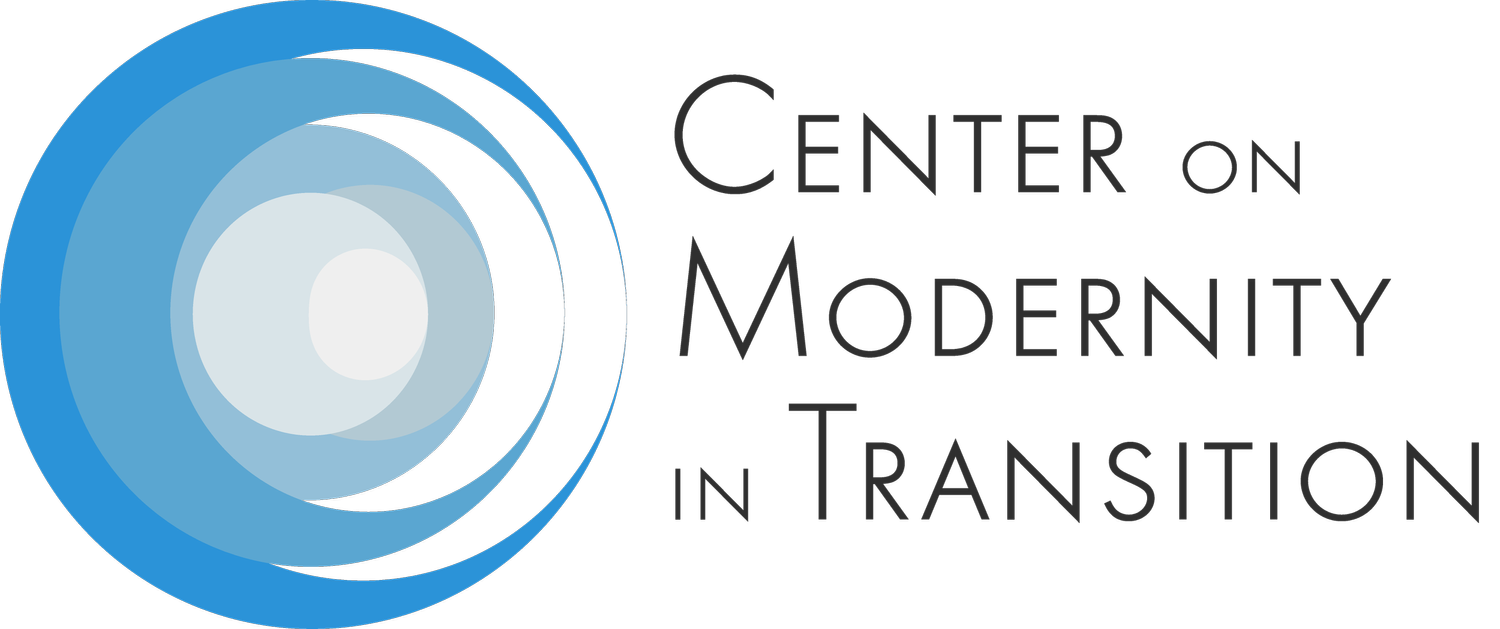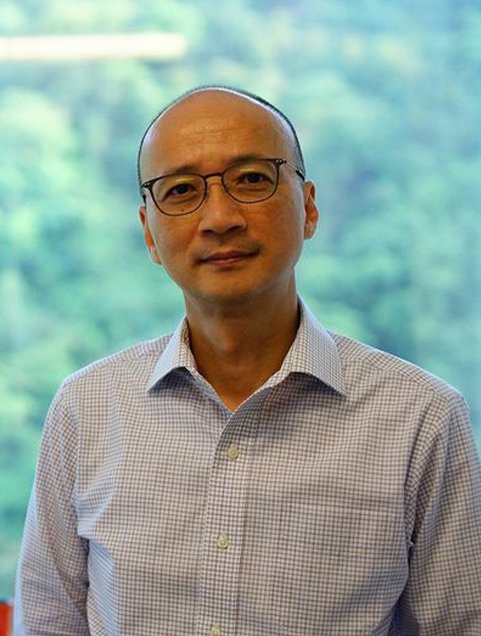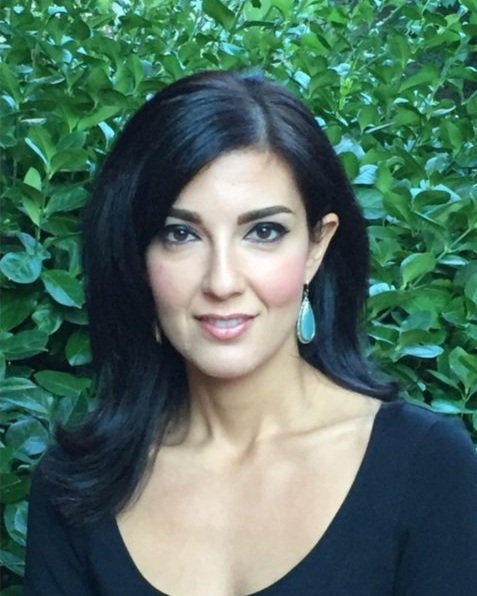Confucianism and Modern Political Thought
Joseph Chan and David Wong consider the role that Confucianism might play in expanding the possibilities of contemporary political thought. They reflect on the extent to which Confucianism should be considered a resource for expanding and reinforcing certain liberal ideals, or as providing an alternative context within which the relative insights and limitations of liberalism can be freshly understood.
Speakers
JOSEPH CHAN
Joseph Chan is Distinguished Research Fellow at Academia Sinica, Taiwan. He taught in the Department of Politics and Public Administration at the University of Hong Kong for three decades and is the author of Confucian Perfectionism: A Political Philosophy for Modern Times (2014).
DAVID WONG
The Susan Fox Beischer and George D. Beischer Professor of Philosophy at Duke University and author of Natural Moralities: A Defense of Pluralistic Relativism (2006).
Moderators:
SHAHRZAD SABET
Shahrzad Sabet is Co-Director of the Center on Modernity in Transition (COMIT) and a Fellow at New York University’s Institute for Public Knowledge. Her current book project, which spans a variety of disciplines, makes the case for a reimagined universalism that reconciles the oneness and the diversity of humankind.
BENJAMIN SCHEWEL
Benjamin Schewel is Co-Director of the Center on Modernity in Transition (COMIT). He is author of Seven Ways of Looking at Religion (2017) and is currently working on a second book, Encountering the Axial Age, both from Yale University Press.
2020-2021 SPEAKER SERIES
The Liberal Imaginary and Beyond
The Liberal Imaginary and Beyond brought together leading thinkers to examine the origins, contents, and development of post-war liberalism, and to consider significant attempts to move beyond the resultant liberal imaginary without casting aside its impressive moral and political achievements. Sponsored by the Kenan Institute for Ethics at Duke University, New York University’s Institute for Public Knowledge, and COMIT.















